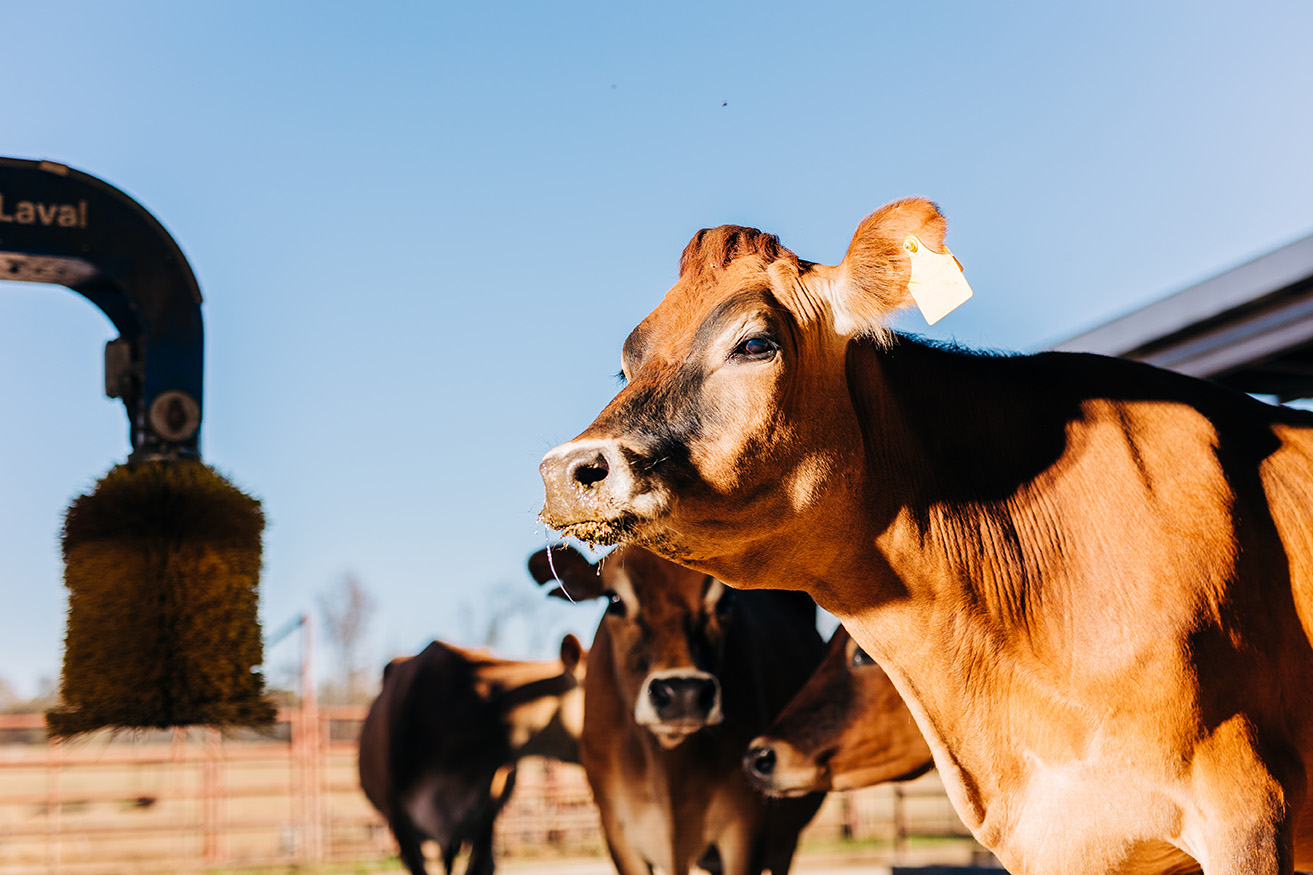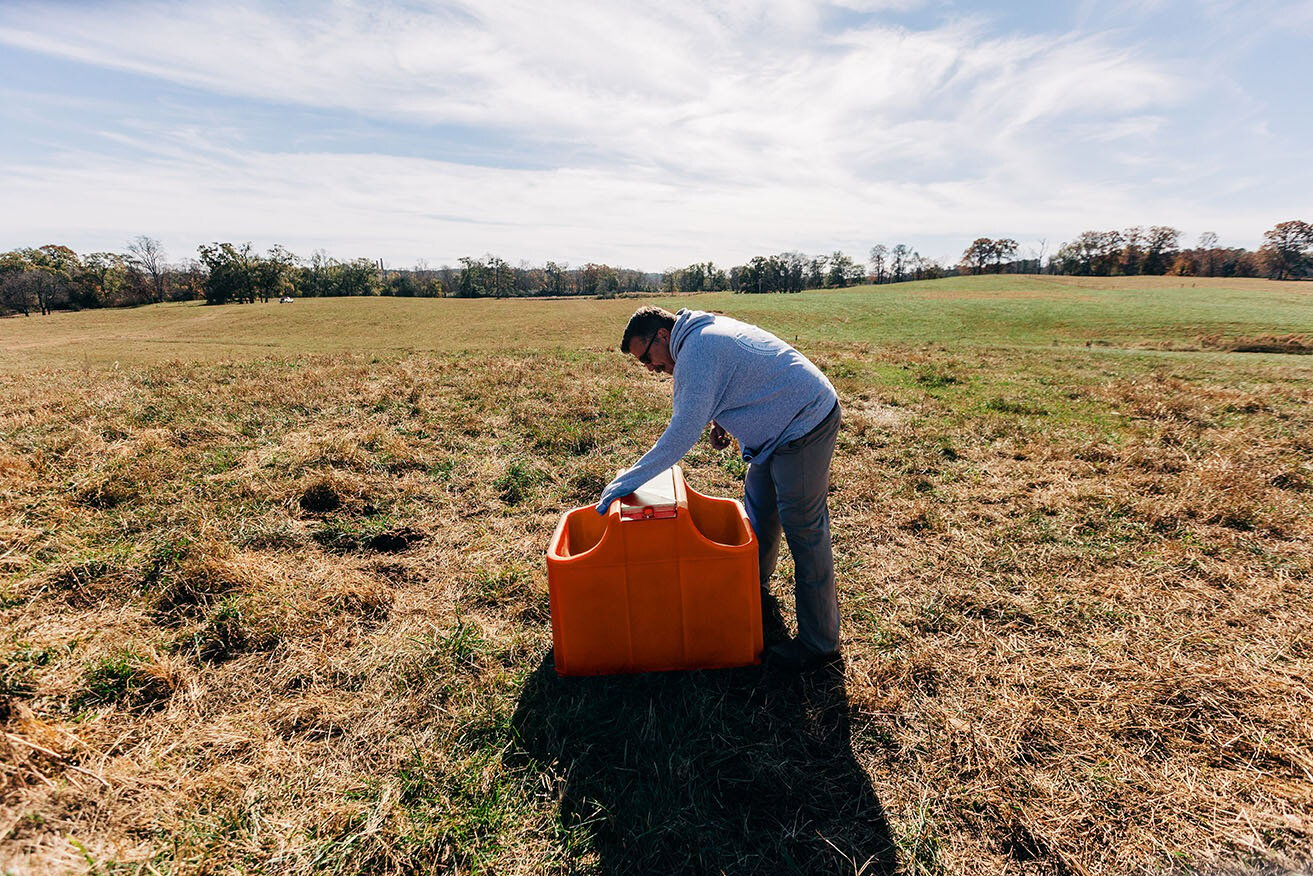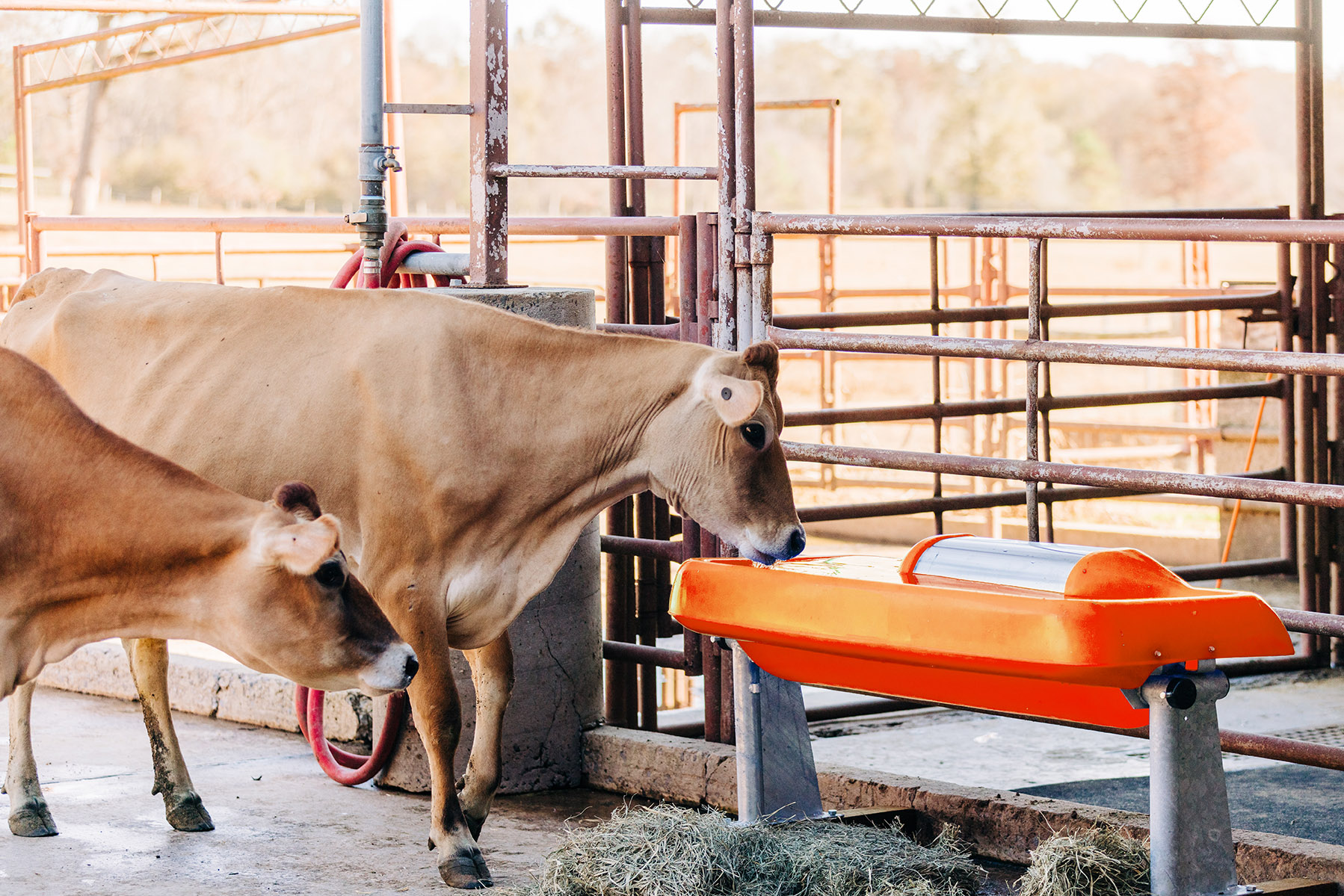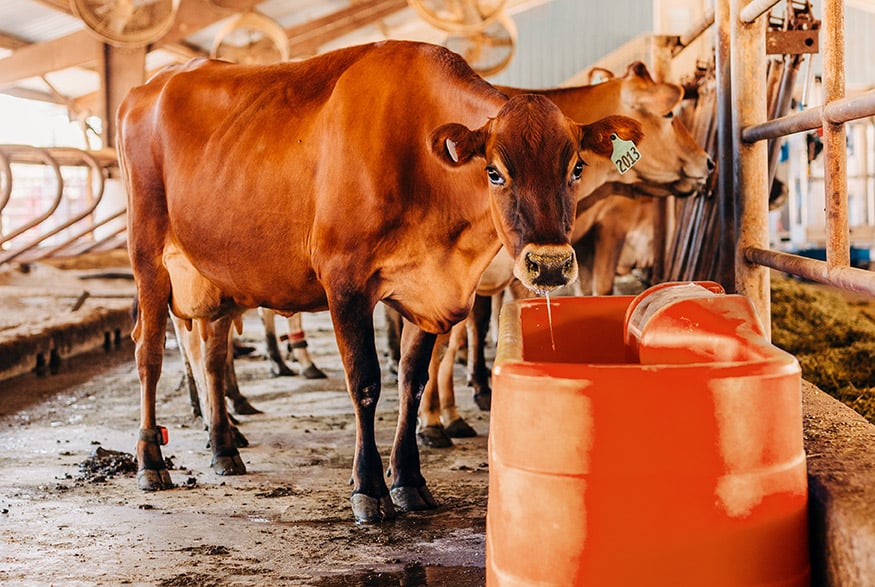Thinking of starting a livestock farm? It's important to understand some key factors first. As a farmer, you need to prioritize the health of your animals to ensure success. Learn how to keep them healthy by providing adequate food, shelter, and water with the right tools.
Type of Livestock
When considering raising livestock, keep in mind that each animal has unique needs. To ensure you provide proper care, conduct extensive research on the animal you plan to raise. If you're raising chickens, for example, a different type of shed is needed than if you were raising cattle. Additionally, you'll need to buy different types of feed and bedding materials.
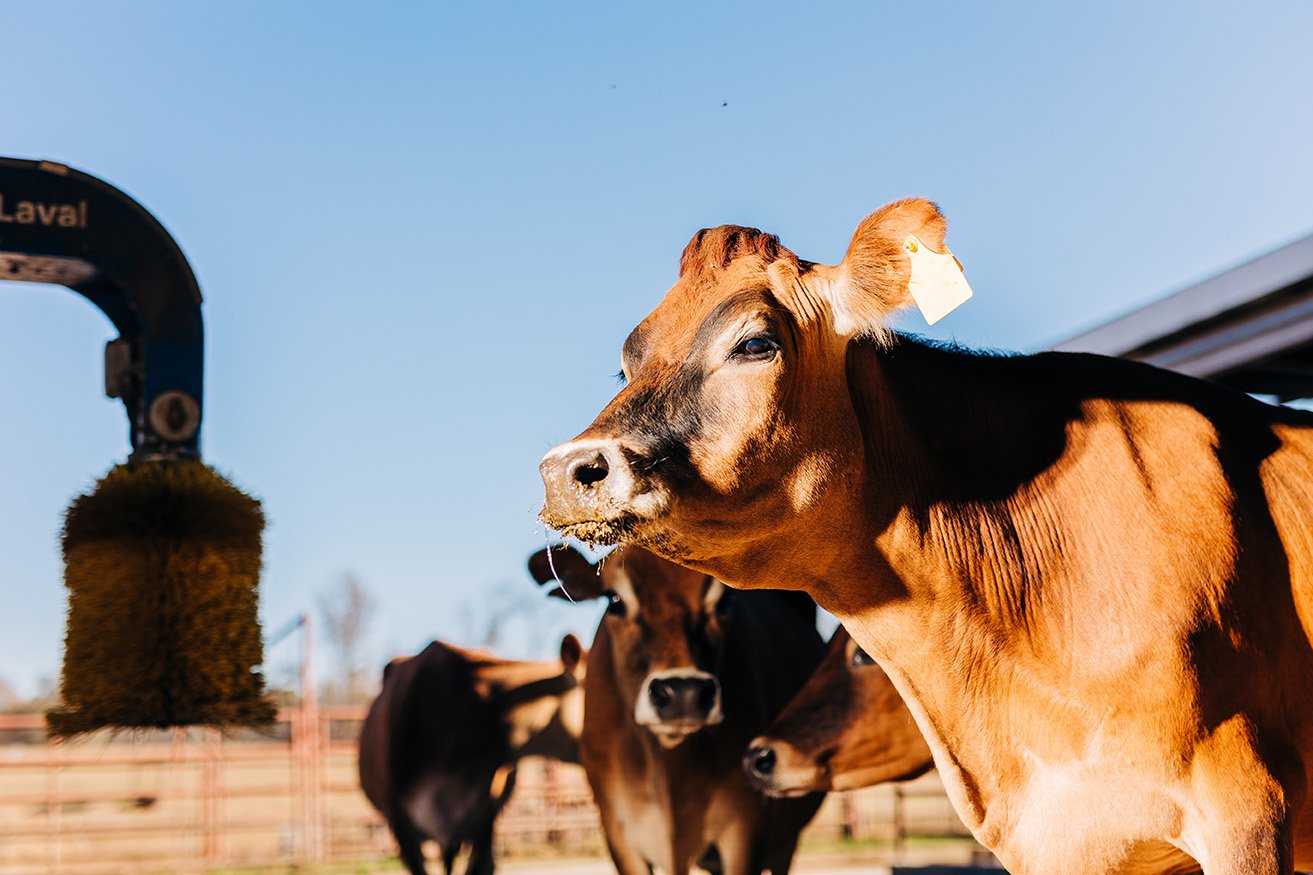
Feed
When raising livestock, provide them with high-quality feed. Seek advice from a veterinarian or livestock nutritionist to determine the appropriate diet for your animals. Ensure that the feed is fresh and free from mold or contaminants.
Bedding
When raising animals like chickens or rabbits, it's essential to consider their bedding. Common types of bedding material include straw, wood shavings, and shredded newspaper.
To maintain your livestock's health, keep their environment dry. This requires clean bedding material that is free from mold or other contaminants. Regularly changing the bedding material will help ensure it stays dry and clean. This will keep your animals comfortable and reduce the risk of developing health issues.

Clean Environment
Proper Shelters
Livestock Waterers
.jpg?width=1080&height=720&name=Tusker%20Livestock%20Water%20Tanks%20Energy%20Free%20(1).jpg)
Vaccinations
To ensure the well-being of your livestock, administer regular vaccinations. These prevent diseases and infections, keeping the animals healthy. To determine the appropriate vaccinations for your livestock, seek advice from a veterinarian.
Regular Vet Checkups
Prioritize regular visits to the veterinarian, as these checkups play a crucial role in the early detection of any health issues and allow for prompt treatment. During these visits, the veterinarian will assess the animal's weight, temperature, and general condition, and may also conduct blood tests or other evaluations to identify any underlying health concerns.
Keeping Livestock Cool
To maintain the health of your livestock during hot weather, ensure they remain cool. This is achieved by offering them shade or fans to keep them comfortable. Additionally, provide them with access to clean water to prevent dehydration. If the temperature becomes too high, consider relocating them to a cooler environment such as an indoor area.
If you observe that your animals are not feeling well, take them to a veterinary clinic for a check-up. Inadequate nutrition can exacerbate heat stress. It's important to have an adequate supply of quality feed to ensure that your livestock receives the necessary nutrients. This will enable them to better cope with the heat when it is unavoidable. It is also important to ensure that your animals have access to plenty of water to prevent heat stress.
As you can see, there are a lot of things to consider when starting a livestock farm. But if you do your research and plan, then you’ll be well on your way to success.
